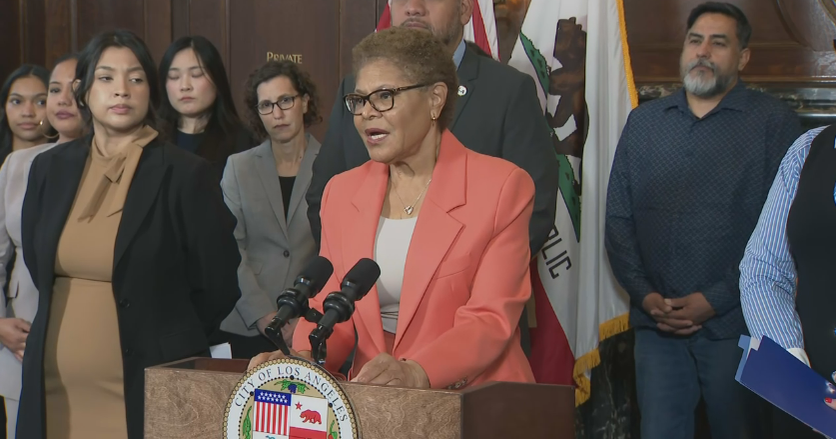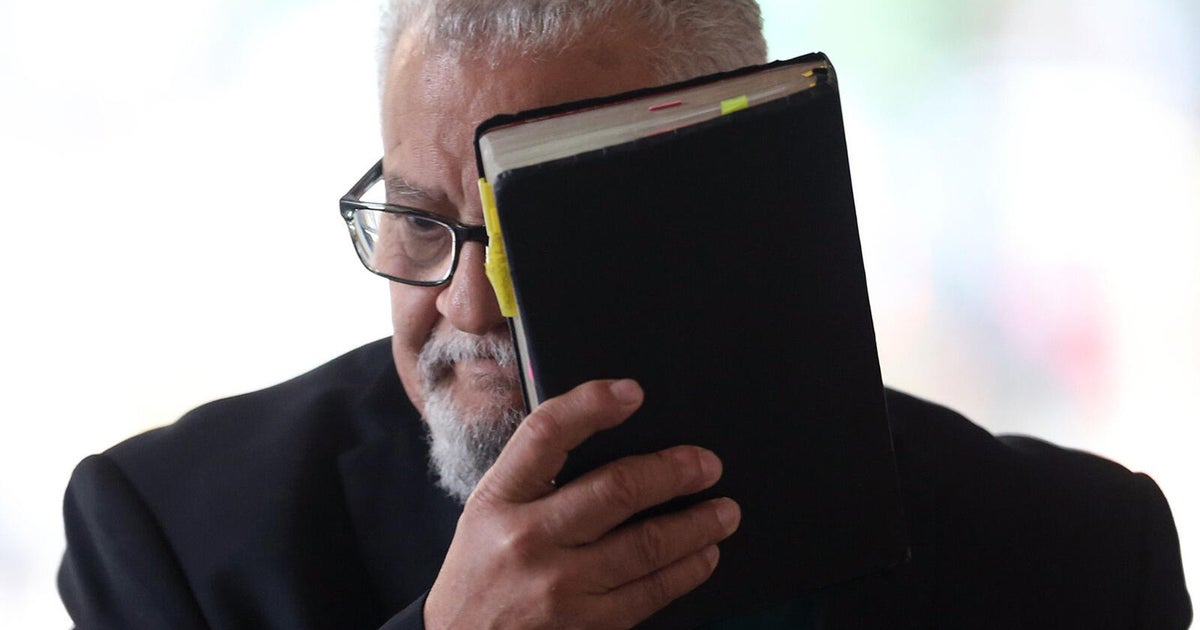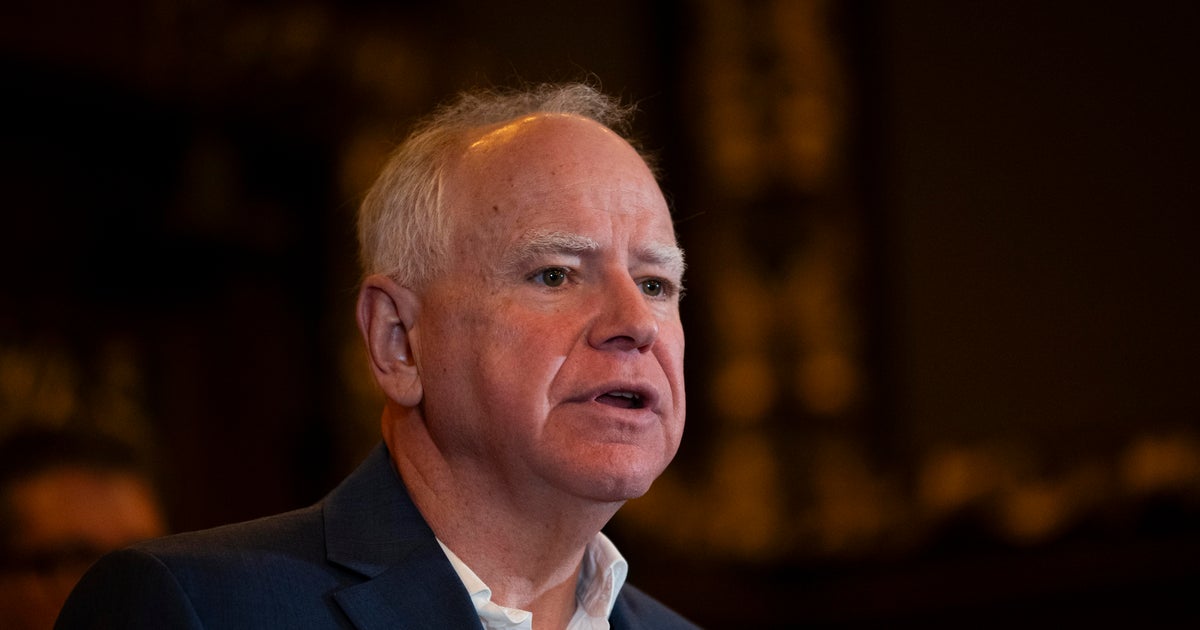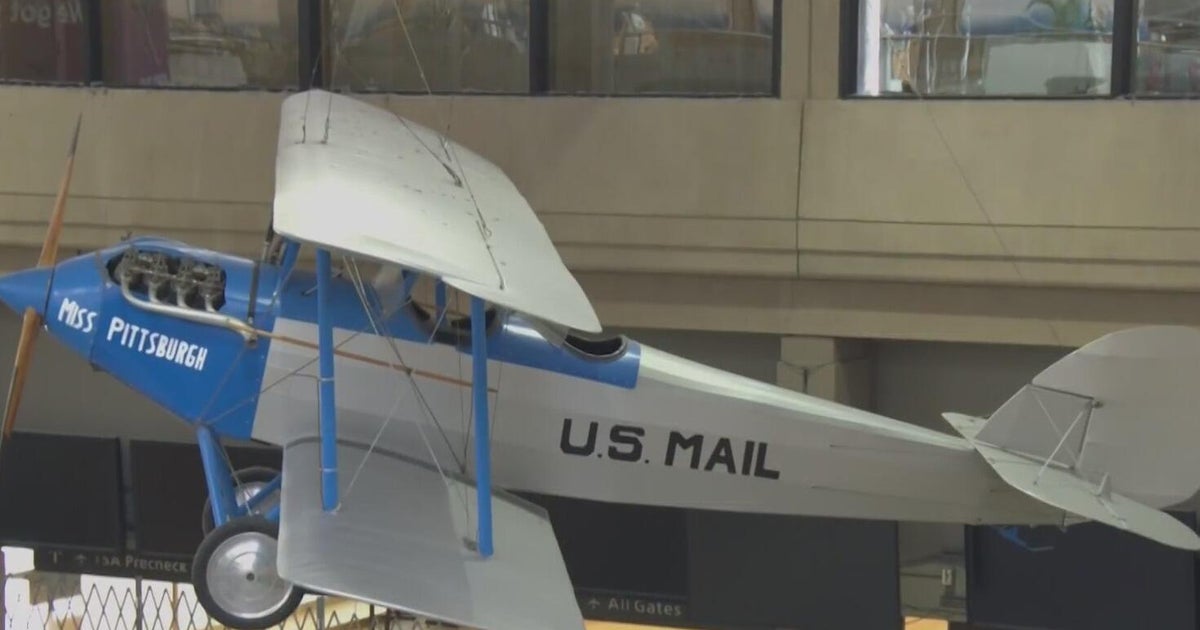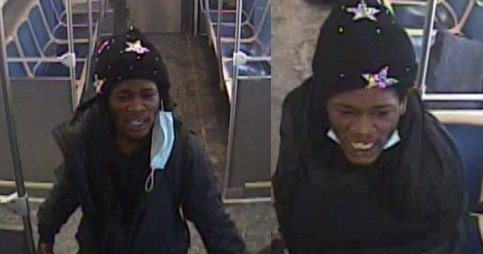2 Investigators: Scammers Bypassing U.S. Mail, Using Private Couriers
CHICAGO (CBS) -- Hundreds of millions of dollars a year in fake checks and Moneygrams are getting intercepted each year by the feds before they get to their intended victims.
But as 2 Investigator Pam Zekman reports, the international con artists that operate an incredible variety of these financial scams are finding new ways to avoid federal intervention.
In just two months, 13,000 pieces of mail from Canada were seized at a facility near O'Hare Airport by U.S. postal inspectors and customs agents tipped off by Canadian police.
"It's about $40 million worth of fake checks that would have gone to victims potentially here in the U.S.," said Thomas P. Brady, the U.S. postal inspector in charge of the Chicago Division. He showed Zekman piles of seized checks and Moneygrams.
Brady says there's no way to tell how many fakes are still getting through. On the positive side, he said, "There's no question we're having a real positive impact in doing this."
Agents have been so successful that con artists are avoiding the feds by using private couriers such as FedEx and UPS.
That's what happened to Delores Brooks and Dennis Brooks of Dyer, Ind. All they were trying to do was sell some puppies through a Chicago newspaper ad that was also posted on the paper's website. A woman supposedly from Wisconsin responded.
"She wanted it for her daughter for her birthday," Delores Brooks recalled.
In emails, the buyer -- using the name Sandra David -- played on the couple's emotions by telling them she couldn't talk on the phone because she had a hearing impairment. She said she couldn't pick up the pup herself because she just gave birth and later because her daughter had surgery.
"When emotion is tied up into these scams it can be very effective," Brady said.
It was for the Brookses. In a series of emails and transactions, the supposed buyer wound up asking the Brookses to help her out by taking Moneygrams she sent totaling $3,700 and depositing them in their bank account. They were told to keep the $600 sale price of the puppy and wire the difference immediately so the buyer could use it to pay for a ship the puppy and various other bogus items.
"I'm a nurse," Delores Brooks said. "I work with the handicapped and the elderly. They do have it hard and I was just trying to help out somebody that needed help."
To be safe, Dennis Brooks asked his bank teller about the Moneygrams. He said he was told they were good because somebody would have had to pay cash for them.
The bank later notified the Brookses the Moneygrams were "fictitious," or fake. Their account was frozen and they were told by the bank that they had to pay back the $3,780.
"I was just devastated," Delores Brooks said.
The Brookses complained to the Lake County Indiana Sheriffs Police about the buyer, who was supposedly from Wisconsin. A detective told them there wasn't anything they could do because it was out of state. U.S. postal inspectors said the scam wasn't conducted through the U.S. Mail, so there was nothing they could do.
"I don't know what to do," Dennis Brooks said.
"The cautionary tale there is for everybody out there to be skeptical," Brady said.
Brady says that educating consumers about scams like this are the best deterrent, since the people behind them extremely difficult to find. They may be operating anywhere in the world.
"It's incomprehensible what these people will go through to defraud people here in the United States," Brady said.
You can get lured into one of these scams in a constantly changing variety of ways online. For example, these scam artists can reach out to you through the Internet if you sell clothes or a car, post a resume, apply for a job or a grant online, to name a few.
The bottom line? If someone wants you to deposit a check or money order for more than the transaction requires and wire back the difference fast, "I absolutely guarantee you that's going to be a fraud," Brady said.
"So the cautionary tale is for everybody out there to be skeptical," he said.
He noted that it can take up to 30 days for a bank to determine a check or Moneygram is counterfeit, and when that happens the person who deposited it is responsible for the expense.
Spokesmen for Moneygram, UPS and Fedex say they're concerned about what they describe as a global problem. They each urge victims of scams like this to report it to them.
Email UPS at fraud@ups.com; FedEx at abuse@fedex.com. Click here to go to the USPS inspector's website, or call (877) 876-2455.

